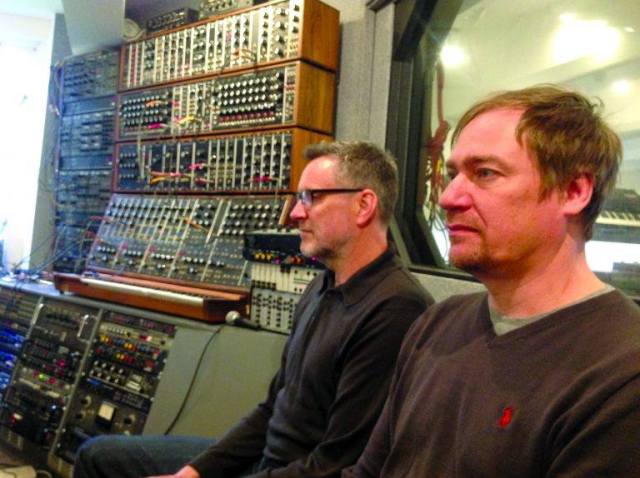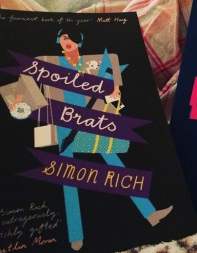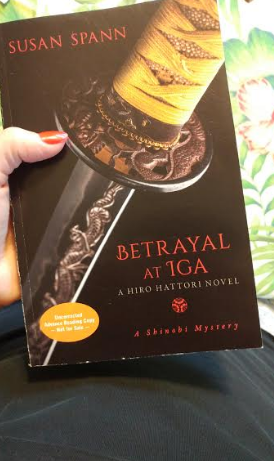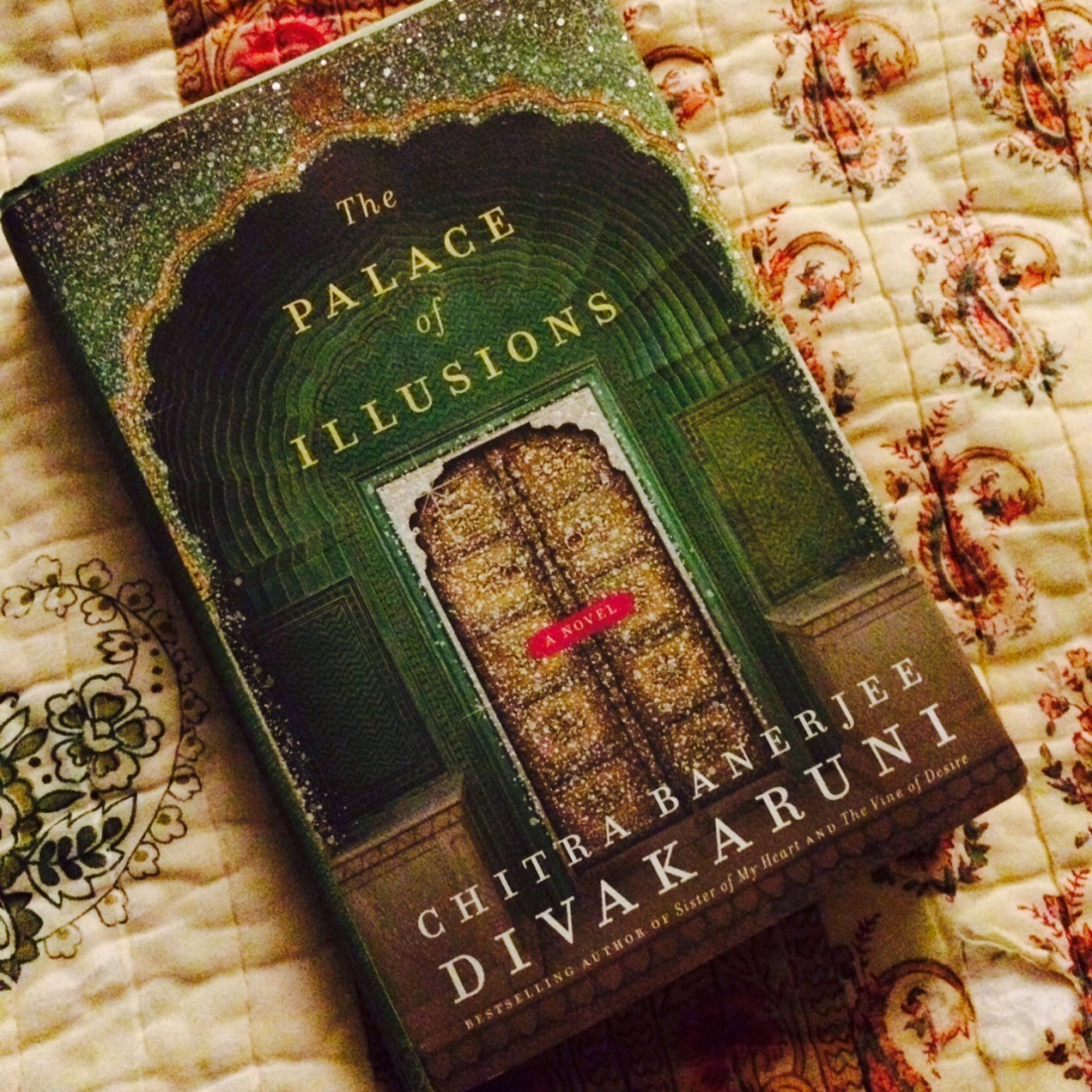 While Blancmange will always remain a two-man entity in the hearts of much of their loyal fanbase, it’s worth noting it’s now been six years since Neil Arthur was largely left to his own devices in the engine room.
While Blancmange will always remain a two-man entity in the hearts of much of their loyal fanbase, it’s worth noting it’s now been six years since Neil Arthur was largely left to his own devices in the engine room.
Carrying on under the band name after Stephen Luscombe’s illness sadly necessitated a change wouldn’t have been a decision Neil took lightly, but was every bit the right thing to do judging by the four Blancmange LPs released over the past two and a half years. He’s said himself from time to time he has no interest in replicating the past, and that’s plain to see on this latest album, in certain respects perhaps the most accomplished yet.
The kind of luscious Eastern rhythms that resurfaced on 2011’s Blanc Burn – 21st century dancefloor classic The Western springing to mind – may not be so much in evidence, but this is still very much a Blancmange album. It also offers progression and suggests there’s plenty of life in the classic model yet. Blancmange Mk.II might well have a few more miles on the clock, but that reconditioned engine and Neil’s enthusiasm for the journey ahead ensures we have a reliable but adventurous runner … with the same first-named driver on the log book. No need to kick the tyres either.
The moment we hear that trademark part-spoken, deep timbre over the analogue buzz of Unfurnished Rooms‘ intro, we’re drawn into a brooding, atmospheric title track that sets the bar high. There’s no doubt it’s our man either, those East Lancs’ tones unmistakable amid his search of unfurnished rooms and unfinished works – a search for something that always feels just out of reach and incomplete. Like many tracks here there’s a feeling of being lost in a dream, doors leading to private, empty flats, images flickering. And as our narrator puts it, ‘No amount of online shopping will cover for the loss.’ Meanwhile, the higher-register harmony on the chorus and David Rhodes’ subtle electric guitar towards the back end suggests David Bowie, an influence writ large in the background throughout.
There’s a taste of Neil’s regional identity on track two as well, a narrative about a ‘chemical spillage on a trading estate in Altrincham’ on We Are The Chemicals giving an air of mystery and threat, that Cheshire happenstance seemingly not an isolated incident, something similar occurring ‘in a garden shed 80 miles due south as the crow does fly’ and ‘in the boot of a hire car.’ I make that around Stourbridge – how about you? Geographical plotting aside, we have a sparse, slow-building powerhouse, Neil’s hired help proving so much more, Benge adding layers of glorious synth, the rich vocal perfectly matched by even richer imagery on an early highlight. There’s a touch of familiarity in that analogue backing, and it would make sense to cite something fundamentally electronic by way of comparison. Yet I’m getting Neil Finn’s 2001 mastermind Rest of the Day Off, suitably left-field. That’s just my take though. Play it loud, let it grow and nurture you, decide for yourself.
Despite that mention of progression, there’s clear lineage between Blancmange’s back-catalogue and this latest suite, and also between that classic ’80s electro-pop and a more modern vibe, despite this being very much a different album to what’s come before, as is Neil’s wont. Take Share It Out for example, where I hear Scott Walker amid the intriguing layers of percussive keyboard, but also something else in that sonorous delivery I couldn’t quite place. Elements of Ultravox? Understandable given the singer’s respect for fellow Lancastrian electronica exile John Foxx, but this chimes more of Midge Ure guesting with Yello. Then I realised – was it the original band’s Waves I was hearing deep down, or was that just auto-suggestion on account of that ‘Share out your burden, give it up for me, I could be your ocean wave’ line? Either way, it’s another winner.
The accent’s not so obvious on the wonderfully-quirky spoken-word piece that comes next, the splendid What’s the Time taking up to some extent where he left off on By The Bus Stop @Woolies, yet perhaps with a flamboyant glam-rock underbelly and maybe even a nod to Sleaford Mods. Mesmeric. I can see it becoming a live favourite, deservedly so.

Listening In: Neil Arthur and Benge contemplate the writewyattuk verdict on Unfurnished Rooms
In stark contrast, if it were needed, Wiping the Chairs is further proof that Neil’s no one-trick pony. Revisiting a familiar Blancmange theme about friends meeting again after a long absence, the lyrics are passionate and lonesome, and typically it’s the small details that paint the most vivid pictures. Beautifully observed, perfectly voiced. I could see Alison Moyet (or dare I say it, Adele) incorporating it into her own set, claiming it as her own, guesting with New Order and – sorry, Neil, but you probably see that – having a bigger hit. And again, it’s a track that wouldn’t have been out of place on the last two Bowie albums.
Similarly I could hear Alf on Anna Dine too, another relatively-scant yet rousing electronic moment in time. If you had to put a label on that era in question, without doubt I’d suggest Mute, positively ’80s yet more early Depeche Mode or Yazoo (hats off to writewyattuk interviewee Vince Clarke as inspiration then, perhaps) than Blancmange. A big thumbs-up for the downcast wordplay too as Neil sings, ‘Anna dine with me’.
There’s certainly an ethereal feel with In December, a work of art no doubt set to be deeply ingrained in my sub-conscience come the winter months. Think of those searing Eno and Fripp lines on Heroes, crossed somewhere down the way with an electronic landscape echoing Vangelis. Gorgeous. And who couldn’t love that line, ‘January don’t piss me off – you’re just June in a mask.’
From In December to intensification on Old Friends, giving rise to a sea of guitar and keyboard, again arguably with someone looking down from their Black Star. Think of a power ballad somewhat reined in, high on emotion. A duelling live duet with Marc Almond on this number wouldn’t go amiss. Just saying. Either way, from the three and a half minute mark the gloves are off in what becomes something of a sonic maelstrom. Again, I gesticulate towards the volume button.
That heady nod to roots electronica is back in the driving seat on Gratitude, and this time I’m getting Being Boiled era Human League, with an undercurrent of Blind Vision or Feel Me maybe, his Fader friend’s synth additions compelling as the track takes shape and Neil’s vocals get a little Lydon-esque, angrier and more perturbed, confused, slightly distant. And as he sings ‘a part of me feels I should be grateful . . . tell me why?’ Rhodes lets loose on guitar and electro gets a manic pop thrill.
Then we’re away with another melancholic, pensive moment on Don’t Get Me Wrong. Again the Starman watches from the skies, Benge adding perfectly in-synth analogue detail and bringing to mind Blancmange fan Moby circa 18 as we build to a multi-layered but never over-cooked finale. An eight minute-plus deftly-subtle epic, John Grant – a fellow fully-paid up member of the Mange FC – adding piano flourishes and distinctive vocal as the over-riding themes return to the fore, including that dry wit and succinct imagery as Neil sings, ‘You look so well . . . in your online profile.’ Brilliant.
In short, another Blancmange high, restrained in places yet nothing less than heartfelt and fairly personal, and getting its message across loud and clear. Less is more and all that, the music speaking volumes. I say it from a place of love that I think it unlikely Neil looked at what he had in front of him and wondered where the hits were among this collection of finely-crafted songs. Let’s just be thankful that the days of fickle record companies making demands and getting in the way of the art of the album are way behind him. Then again, I’d love to be proven wrong and celebrating another hit 33 years after the last (says him, writing this the morning after The Day Before you Came turned up on a Top of the Pops ’84 re-run).
I asked before I heard the LP where Neil felt it might fit into the Blancmange canon. He seemed a little vague answering, and I see why now. Why repeat what’s been done before? Some 35 years after Happy Families, I’m pleased to say he’s still seeking out uncharted territories. The crew has changed, but there’s still that creative spark, sense of teamwork, eye for detail, and ear for something special.

For the most recent writewyattuk interview with Neil Arthur, a link to the previous feature, full tour details and other Blancmange-related content, head here.
Advertisements Share this:




